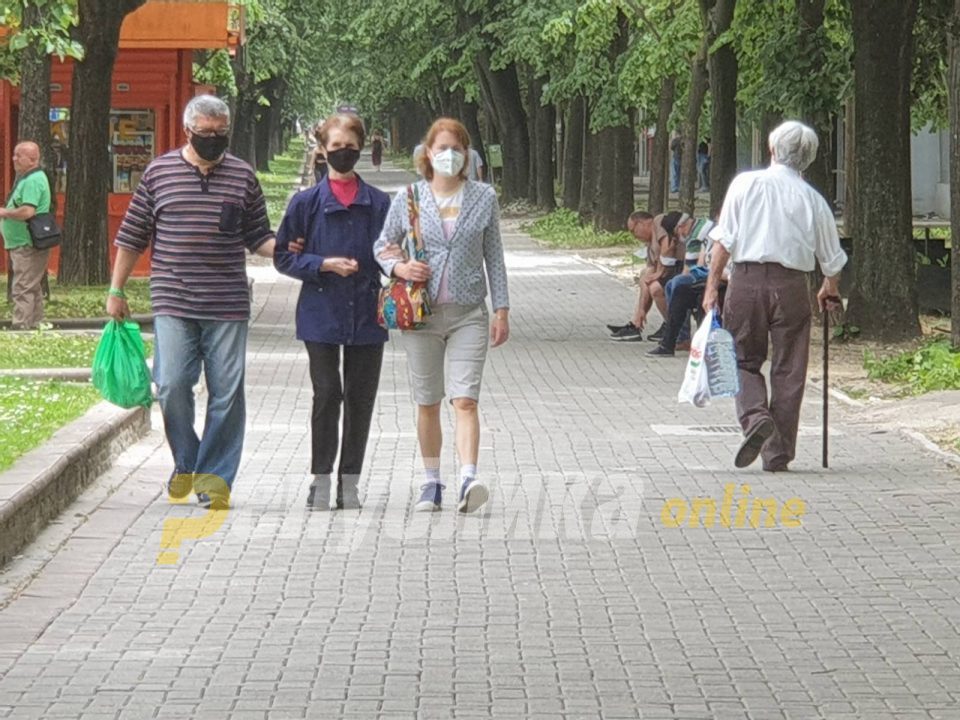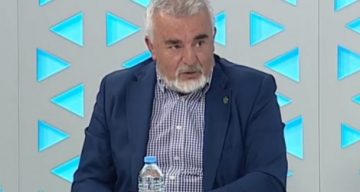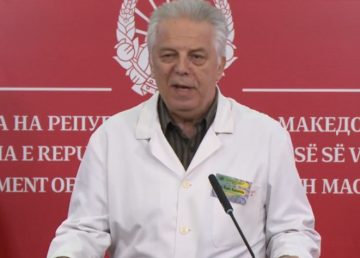Doctor Nikola Panovski came out strongly against the Government decision to end the curfew throughout the whole of Macedonia. The microbiology expert pointed to the fact that parts of the country, like the large Saraj district west of Skopje, have numbers worse than Debar did at the start of the epidemic, when the entire city was placed under quarantine.
Saraj is no better than Debar was, but nobody is even considering a quarantine there. The Mayor of Saraj seems unconcerned, the citizens also. They have 50 confirmed active cases among 35.000 citizens, which means they probably have at least 500. Saraj has 10 times the number of patients than Centar or Karpos in Skopje, Panovski said.
He pointed to other majority Albanian districts around Skopje where the curfew was often ignored during the Muslim holy month of Ramadan, as seriously affected areas. These include Cair, but also the highrise district of Aerodrom. According to Panovski, these are the hotspots in the capital. “Ending the curfew through the whole of the country is admittance of defeat”, Panovski added.
Doctor Zarko Karadzovski, who heads the Committee on infectious diseases confirmed that Cair, Saraj and Gazi Baba remain critical in Skopje, as do Veles, Stip and Struga. He pointed to Tetovo as the biggest looming threat. But he assured the public that the healthcare system will be prepared to handle any new spike in cases, with a 1.000 hospital beds kept in reserve and the possibility to again install a military field hospital. There are currently about 80 Covid-19 patients treated in the two clinics in Skopje used to treat the most difficult cases, and several hundred other patients with lighter symptoms who are cared for at home.
The Committee conducted an analysis and we concluded that there are 24 newly diagnosed cases each day for the past 14 days. The deaths are around 1,1 per day, which is much better. This reduced mortality was one of the reasons we proposed that the restrictions are removed. We will now move toward broader testing, in kindergartens that should open again in June, then healthcare workers, taxi drivers, the police… We had an average of 5,7 percent of tests returning positive for the past 14 days, and we said we will relax the measures once the number is around 5 percent, Karadzovski said.






Comments are closed for this post.